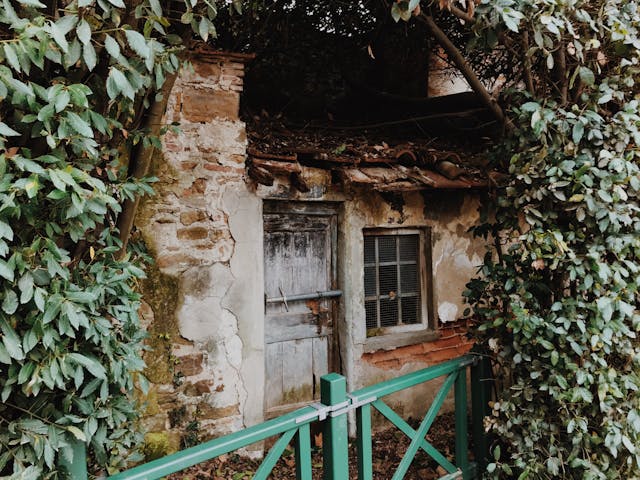Water damage is among the most prevalent and expensive disasters that homeowners can face, costing billions each year. Protect your most valuable asset from water damage by getting appropriate insurance and following the practical tips below.
Inspect the Basement
Because of its location, your basement is most vulnerable to water damage. The foundation is surrounded by soil on all sides. Rainwater will collect near the foundation without sufficient drainage, resulting in seeping water and the possibility of flooding.
You should also consider drywall alternatives to reduce the likelihood of your drywall being impacted by the water. There are now many options for waterproof drywalls, which can help if you live in an area prone to flood damage.
Begin by inspecting the outside foundation. Next, examine the basement floors and walls. Fill foundation cracks with epoxy if you detect them. Add window well coverings on every under-grade window and ensure they are firmly fastened to the foundation.
Invest In a Sump Pump
Add a sump pump at the bottom-most point of your basement to provide another layer of defense. By pulling water via a trap, the pump eliminates water and extra moisture. The water is subsequently extracted and discharged outdoors through a drain line.
Sump pumps are typically necessary if flood insurance is added to your coverage. They must also be serviced and tested twice a year. You’ll require it particularly during and after a rainstorm. Service your sump pump and have it connected to a battery backup system so that it works whenever you need it.
Inspect the Roof and Gutters
Another typical source of home water damage is roof leaks. When you find an extensive roof leak, it has been there for a long time and has had time to cause significant issues.
Before and after the winter season, inspect your roof. Replace any damaged or missing shingles, and don’t forget about the flashings. Ensure that they are firmly fitted around walls, chimneys or roof joints and vents.
Look for dark areas on the ceiling of your home. Peeling paint near roof overhangs might signal a leak. If you can’t go up on a ladder and see your roof, get a roofing contractor to undertake a thorough inspection. Because the roof and gutter function in collaboration, incorporate a gutter examination while inspecting the roof.
Clean up the gutters of leaves and other debris. Examine your downspouts and clear any clogs. Make sure your gutters are positioned so that water drains away from the foundation. Install gutter guards to further safeguard your home from water damage. They keep gutters clear and prevent water from gathering on the roof.
Fix Leaky Pipes
It is not unusual for a property owner to be completely oblivious of a pipe leakage for days, if not weeks. You may not even notice your other plumbing lines unless the pipes in your bathroom or kitchen sink burst. The majority of plumbing in completed basements is hidden under walls or ceilings.
It is your responsibility to examine any exposed piping for fractures and leaks. Do not overlook moist stains on the ceilings or walls. Ignoring signs of water damage might lead to mold growth or structural damage.
Change Old Hoses
When it comes to washing machines, you may be surprised to learn that the hoses do not last forever. When they wear out, they become brittle and leaky, putting your home in danger of water damage. If the machine arrived with conventional rubber hoses, replace them with stainless steel-braided hoses. They are the bare minimum hose for indoor usage. Spend the money on excellent hoses, and you’ll have more peace of mind.
Add Water Sensors
You can utilize smart technology to avoid home water damage. When water sensors identify the presence of water, an alarm is triggered. If you employ professional alarm supervision, the sensor transmits a notification to the monitoring station. If you do not utilize an alarm service, the notification is delivered to your smartphone via an app.
You may purchase programmed water sensor devices that will automatically turn off the water supply to your house. Water sensors can help you avoid water damage by notifying you of a little leak before it becomes a disaster.
Water may cause a variety of problems in your house. Follow the above tips to prevent home water damage.


